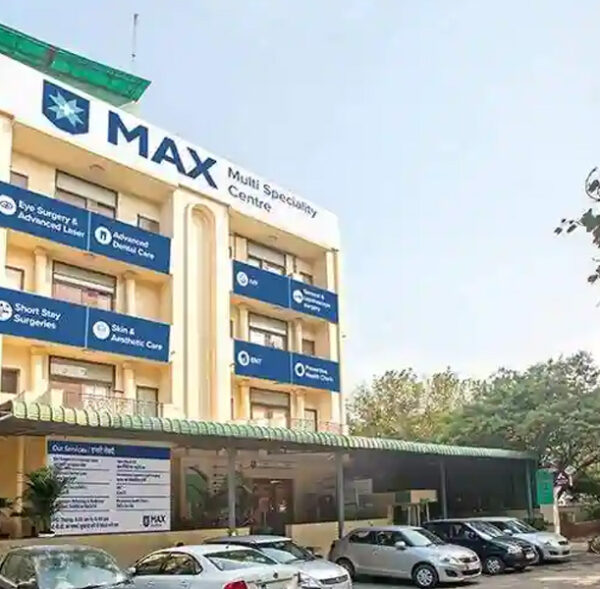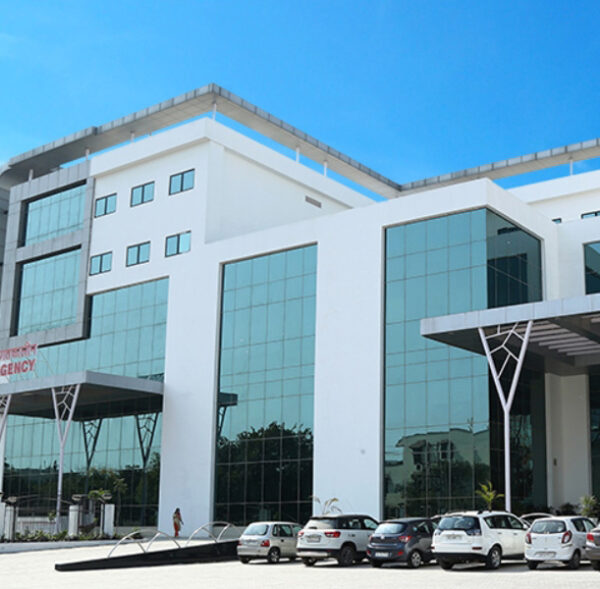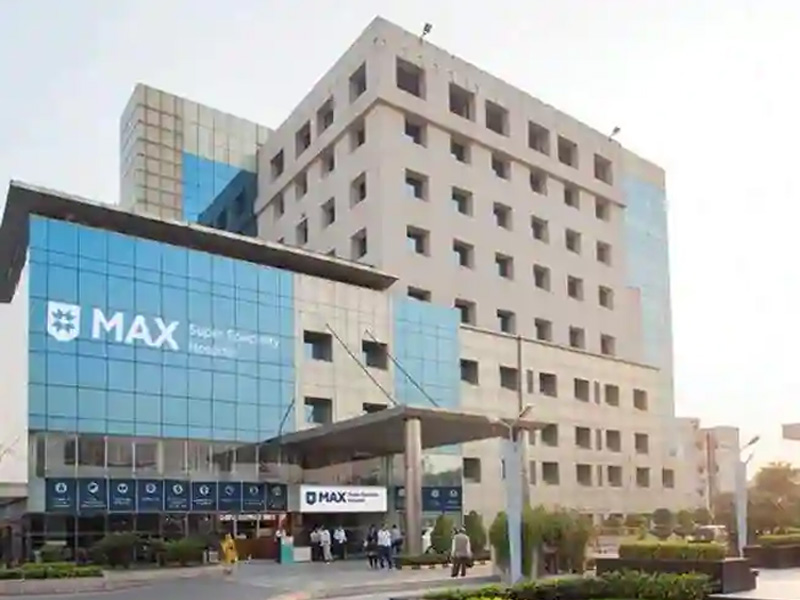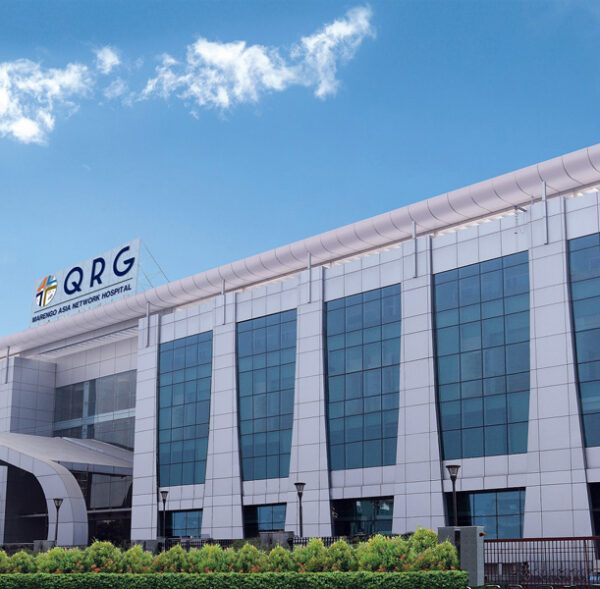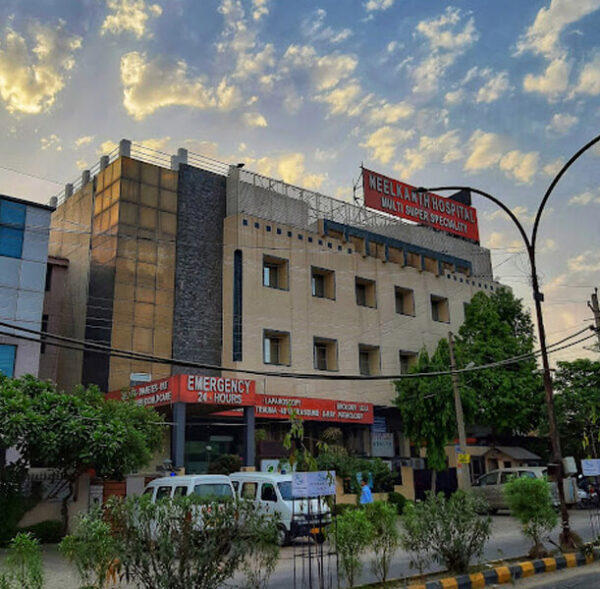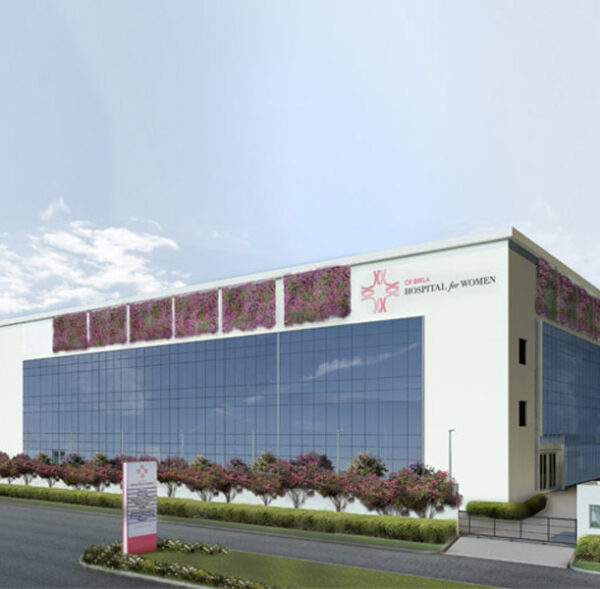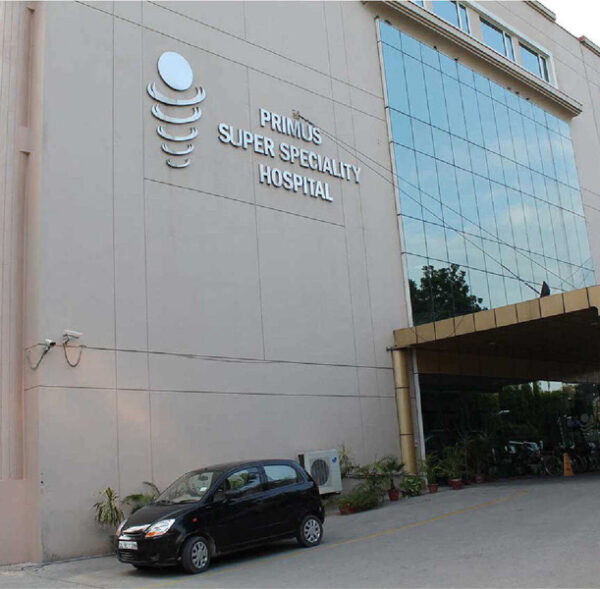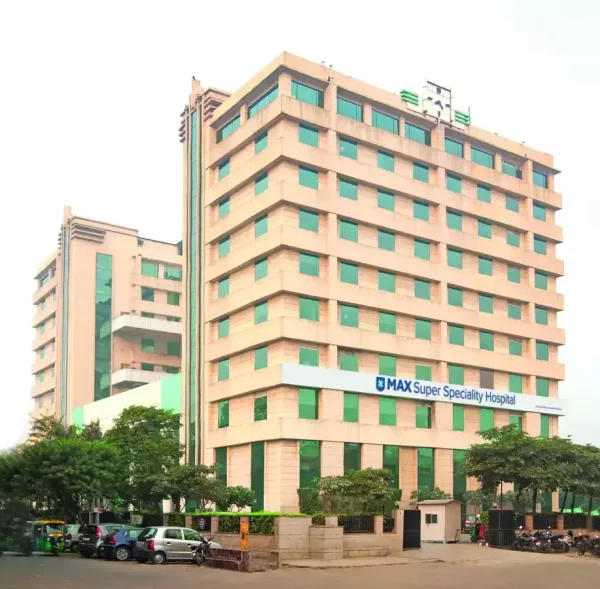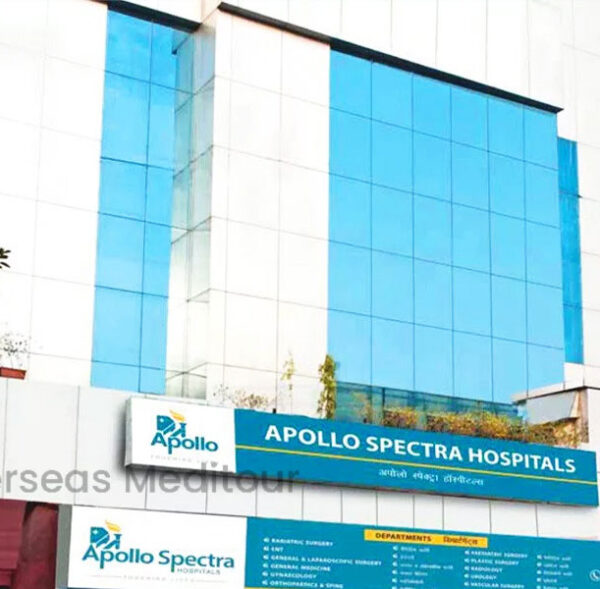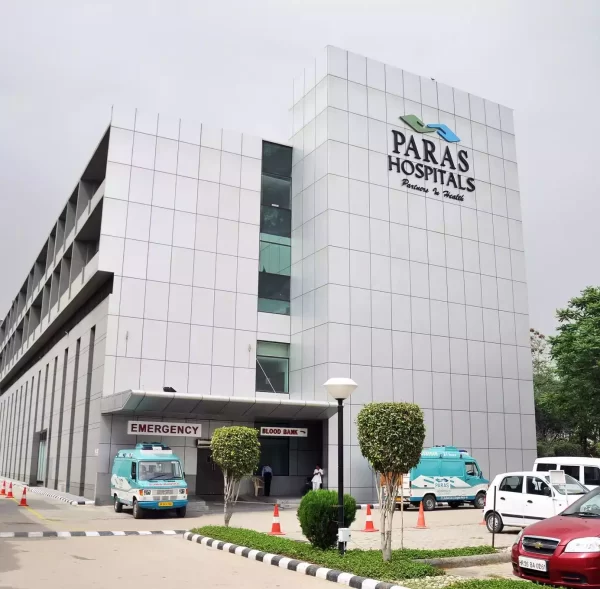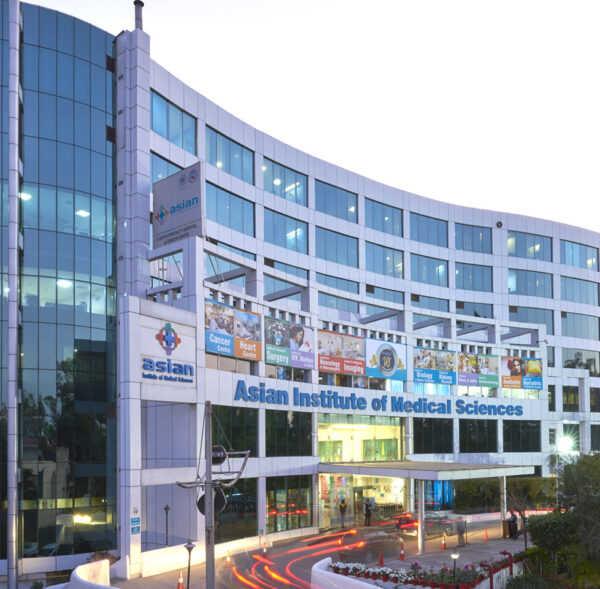
Gynecology & Obstetrics: A Guide to Understanding Women’s Health and Surgical Care
What is Gynecology?
Gynecology is a medical specialty focused on the health of the female reproductive system, including the uterus, ovaries, fallopian tubes, and breasts. It covers a broad range of services from preventive care to diagnosis and treatment of diseases. Whether it’s a routine exam or a more complex condition, Geo Healthcare is committed to providing compassionate, expert care for women’s health.
Introduction to the Gynecology Department
The gynecology department offers a wide range of services, including routine exams, diagnostic tests, and surgical procedures. At Geo Healthcare, our network of hospitals is equipped with state-of-the-art technology and experienced professionals who specialize in both gynecology and obstetrics. From regular screenings to more specialized care, our gynecology department ensures women receive the attention they need for all stages of life.








